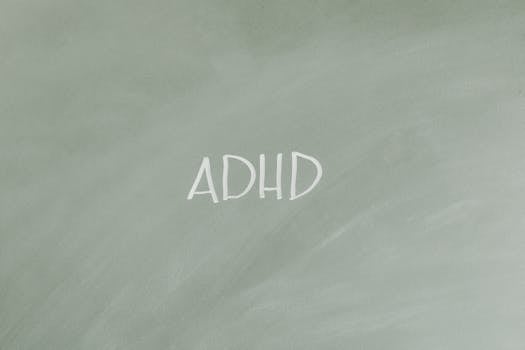
Understanding Post-Traumatic Stress Disorder (PTSD): Symptoms, Causes, and Treatment
Post-Traumatic Stress Disorder (PTSD) is a serious mental health condition that can develop after a person has experienced or witnessed a terrifying event, like a natural disaster, serious accident, terrorist act, war/combat, or sexual or physical assault. While anyone can develop PTSD, it's crucial to understand its symptoms, causes, and available treatments to foster support and encourage help-seeking behavior.
What are the Symptoms of PTSD?
PTSD symptoms are broadly categorized into four clusters:
- Intrusive Memories: These include flashbacks (vivid, intense re-experiencing of the trauma), nightmares, and intrusive thoughts about the event. These can be incredibly distressing and disruptive to daily life. The individual may feel like they are reliving the trauma.
- Avoidance: People with PTSD often try to avoid anything that reminds them of the traumatic event. This can involve places, people, activities, or even thoughts and feelings associated with the trauma. They may actively avoid conversations about the event or withdraw from social interactions.
- Negative Changes in Thinking and Mood: These can include persistent negative beliefs about oneself or the world, distorted feelings of guilt or blame, feelings of detachment or estrangement from others, and a persistent inability to experience positive emotions. This can lead to significant difficulty maintaining healthy relationships.
- Changes in Physical and Emotional Reactions: This cluster includes being easily startled, having irritable behavior and angry outbursts, reckless or self-destructive behavior, difficulty sleeping, hypervigilance (being constantly on alert for danger), and difficulty concentrating. Physical symptoms like muscle tension, headaches, and stomach problems are also common.
- The Nature of the Traumatic Event: The severity, duration, and personal meaning of the traumatic event significantly influence the likelihood of developing PTSD. Events involving violence, threat to life, or witnessing the death or injury of others carry a higher risk.
- Individual Factors: Pre-existing mental health conditions, coping mechanisms, personality traits, and available social support systems can all play a role. Individuals with a history of trauma or a family history of mental illness may be more vulnerable.
- Biological Factors: Genetic predispositions and differences in brain structure and function may also influence the development of PTSD.
- Military Personnel and Veterans: Exposure to combat and other traumatic events during military service is a significant risk factor.
- Survivors of Sexual Assault and Domestic Violence: These experiences often lead to significant psychological trauma.
- First Responders (Police, Firefighters, EMTs): Witnessing traumatic events and dealing with the aftermath frequently exposes them to risk.
- Individuals Involved in Accidents or Natural Disasters: Experiencing or witnessing life-threatening events can trigger PTSD.
- Psychotherapy: This is often the first-line treatment and involves various techniques such as trauma-focused cognitive behavioral therapy (CBT), prolonged exposure therapy, and eye movement desensitization and reprocessing (EMDR). These therapies aim to help individuals process their trauma, manage their symptoms, and develop coping skills.
- Medication: Medications, such as antidepressants and anti-anxiety medications, can be helpful in managing symptoms like depression, anxiety, and sleep disturbances. They are often used in conjunction with psychotherapy.
- Support Groups: Connecting with others who have experienced similar traumas can provide valuable support, understanding, and a sense of community.
The Severity of PTSD:
The severity of PTSD varies greatly from person to person. Some individuals experience mild symptoms that interfere minimally with their daily lives, while others struggle with severe symptoms that significantly impair their ability to function. It's essential to seek professional help regardless of the perceived severity, as untreated PTSD can have long-term consequences.
What Causes PTSD?
While the exact cause of PTSD is not fully understood, several factors contribute to its development:
Who is at Risk for PTSD?
Certain groups are at a higher risk of developing PTSD, including:
Treatment Options for PTSD:
Several effective treatments are available for PTSD, including:
Seeking Help:
If you or someone you know is experiencing symptoms of PTSD, it's crucial to seek professional help. Early intervention can significantly improve the prognosis. Don't hesitate to contact a mental health professional, your primary care physician, or a crisis hotline. There is hope for recovery, and effective treatments are available.
Keywords: PTSD, Post-Traumatic Stress Disorder, Trauma, Symptoms, Causes, Treatment, Therapy, CBT, EMDR, Medication, Mental Health, Veterans, Military, Sexual Assault, Domestic Violence, First Responders, Recovery, Support
This article provides a comprehensive overview of PTSD, addressing its symptoms, causes, risk factors, and treatment options. Remember, seeking professional help is a sign of strength, not weakness. With appropriate support and treatment, individuals can recover from PTSD and lead fulfilling lives.
